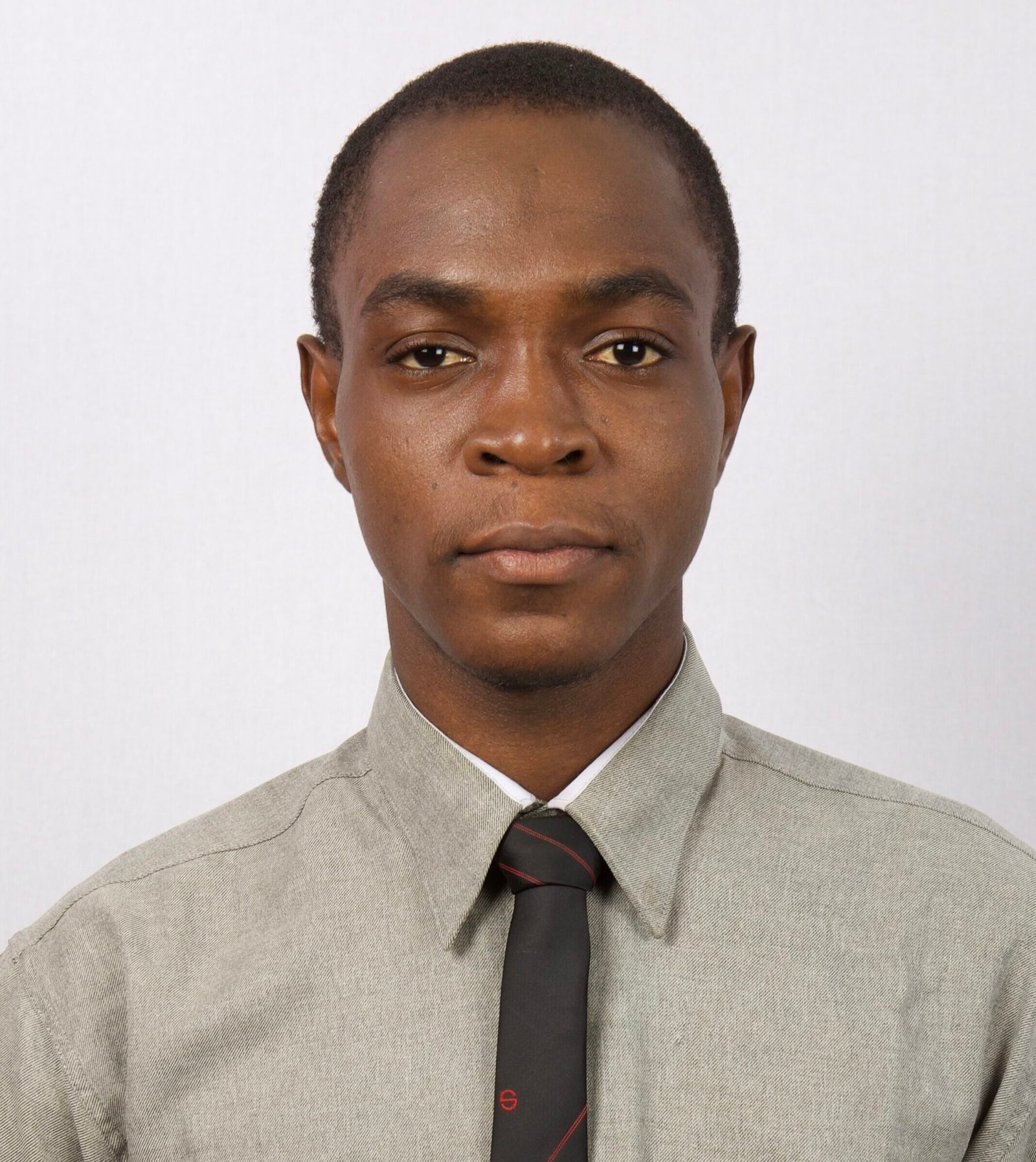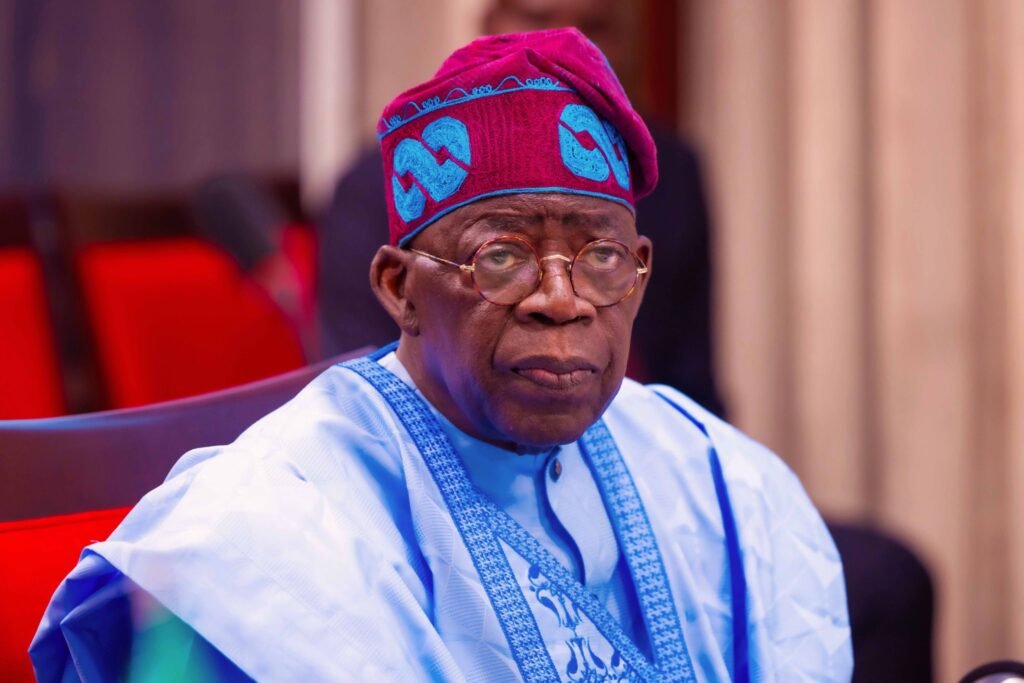Claim: President Bola Tinubu ranked as the third most corrupt person in the world, according to the Organised Crime and Corruption Reporting Project (OCCRP).
Verdict: Misleading! Based on information on the OCCRP website and an interview with the organisation’s Africa editor, there is no evidence to back up the claim that President Tinubu is the third most corrupt person in the world.
Full Text
On June 30, 2025, a viral post by an X user, Peter Obi Grassroots Mobilization (@PO_GrassrotM), claimed that Nigerian president Bola Tinubu was ranked the third most corrupt person in the world by the Organized Crime and Corruption Reporting Project (OCCRP).
The post’s caption reads, “BREAKING: Bola Tinubu ranked as the third most corrupt leader in the world”. Attached to this post was an image featuring texts suggesting the OCCRP had officially ranked Tinubu after scoring the third-highest votes.
As of July 11, 2025, the post generated over 3,500 reposts, 7,600 likes, 800 comments, and over 471,000 impressions.
The claim also gained traction on Facebook, where it was published on several pages and groups, including the Africa New Line 700. As of July 14, 2025, the post had generated 125 shares, 256 reactions, and 99 comments.
Given the political sensitivity and significance of the claim, DUBAWA set out to verify its accuracy.
What OCCRP published
The Organized Crime and Corruption Reporting Project (OCCRP) is a global investigative journalism platform that publishes its annual “Person of the Year in Organized Crime and Corruption.” This report highlights individuals who, in the opinion of the organisation’s journalists and judges, have done the most to enable or profit from organised crime and corruption worldwide.
For the 2024 edition, OCCRP named Bashar al-Assad, the ousted Syrian president, its “Person of the Year.”
In a statement published on OCCRP’s website, the organisation “made a general call for nominations and received over 55,000 submissions, including some of the most well-known political figures and lesser-known individuals. OCCRP had no control over who was nominated, as suggestions came from people worldwide.”
According to OCCRP, Assad was selected among the nominated candidates by a panel of expert judges drawn from journalism, academia, and civil society. The 2024 judges included Ghanaian undercover journalist Anas Aremeyaw Anas, UK anti-corruption expert Susan Hawley, Middle East reporter and Daraj.com CEO, Alia Ibrahim, OCCRP co-founder Paul Radu, U.S. professor and transnational crime researcher Louise Shelley, and OCCRP publisher, Drew Sullivan.
The five individuals who received the most public nominations were President of Kenya William Ruto, former President of Indonesia Joko Widodo, President of Nigeria Bola Tinubu, former Prime Minister of Bangladesh Sheikh Hasina, and an Indian businessman, Gautam Adani.
Also, OCCRP emphasised that being a finalist does not imply ranking or guilt, and the order in which names appear does not reflect a corruption index or hierarchy. The final award was based on the judges’ assessment of scale and impact, supported by evidence of wrongdoing, not nomination numbers.
In a publication on its website, OCCRP publisher Drew Sullivan explained: “The judges appreciate the citizens’ nominations, but in some cases, there wasn’t enough direct evidence of significant corruption or a longstanding pattern of abuses.”
What about Tinubu?
It is no secret that President Tinubu’s name has surfaced in multiple corruption-related allegations over the years. Among the most widely discussed is the 1993 U.S. federal court case in which Tinubu forfeited $460,000 to the U.S. government following allegations that he was associated with a drug ring in Chicago.
Beyond corruption controversies, Tinubu has also been linked to a series of human rights violations, before and during his term as president. One emanated during the #EndSARS protest in October 2020, a youth-led nationwide uprising against police brutality and extortion, where soldiers opened fire on peaceful protesters at the Lekki Toll Gate in Lagos. Human rights organisations, including Amnesty International, confirmed the use of lethal force and identified at least 12 casualties.
At the time, Tinubu was not the Nigerian president. Still, as a former governor and ruling party chief, he was widely regarded as the most influential political figure in Lagos, the epicentre of the protests. Allegations about his involvement stem from the fact that the Lekki Toll Gate was operated by a private company, Lekki Concession Company (LCC), which many believe had ties to Tinubu’s political and business allies.
However, no direct evidence has linked Tinubu to the military order or the actions at the toll gate, and he has consistently denied involvement.
Since assuming office in May 2023, President Tinubu’s administration has faced growing accusations of repressive governance, especially around protests and online speech crackdowns. Under his watch, multiple protest attempts against bad governance and insecurity have been disrupted by security forces, sometimes violently. In many of these cases, media and civil society groups reported how protesters were beaten, tear-gassed, or detained without charge.
Between 2024 and 2025, there were several reports about journalists and citizens being arrested for posts and charged under the provisions of the Cybercrimes Act, a law human rights groups have repeatedly called to be reviewed due to its potential for abuse. While there is no evidence that Tinubu directly ordered these arrests, his administration has not condemned the practices.
Still, even with this background of unresolved corruption allegations and public perception of power abuse, none of it amounts to an official global ranking of President Tinubu’s misconduct. The OCCRP’s mention of Tinubu as one of five finalists was based purely on the number of nominations he received without a formal investigation or verdict.
To confirm this conclusion, DUBAWA contacted Chikezie Omeje, Africa Editor at OCCRP, asking if OCCRP ranked Tinubu as the third most corrupt person in the world. Chikezie clarified that although President Tinubu received the third-highest nominations, he was not named the third most corrupt person.
“OCCRP did not name Tinubu the third most corrupt person in the world. OCCRP had no control over who was nominated, as suggestions came from people worldwide,” he explained.
This statement confirms that while Tinubu’s name appeared third on the list of finalists, he was not officially ranked by OCCRP. And the fact that Bashar Assad, who did not appear among the most-nominated, was ultimately selected as “Person of the Year” demonstrates that the vote count was not a determining factor in the final decision.
Had the selection been based on nominations alone, President William Ruto, with the highest number of nominations, would have been named the “Person of the Year.”
Therefore, based on statements and information on the OCCRP’s website and an interview with the organisation’s Africa editor, there is no evidence to support the claim that President Tinubu is the third most corrupt person in the world.
However, President Tinubu receiving the third-highest nominations in OCCRP’s 2024 global call raises essential questions. It may not mean he is officially “the third most corrupt leader in the world.” Still, it does suggest a growing global perception and suspicion, especially among citizens, that its leadership is closely associated with corruption and abuse of power.
To investigate the root of the misrepresentation, DUBAWA traced the narrative that Tinubu was “ranked third” in the corruption index to articles published by Pulse Nigeria and Sahara Reporters in December 2024. As of July 8, 2025, the two posts had garnered two million and 754,000 impressions respectively.
However, the false claim was recently resurrected and amplified by a popular opposition-aligned X (formerly Twitter) account, Peter Obi Grassroots Mobilization (@PO_GrassrotM), known for its strong support for the Labour Party presidential candidate in the last general election. This raises suspicions of misuse of OCCRP’s report, particularly since the X page supports Peter Obi, a potential contender against President Tinubu in the next election.
OCCRP has acknowledged the risk of its reporting being misused for political purposes. In its 2024 report, the organisation warned that its “award is sometimes misused by individuals seeking to further their political agendas or ideas.”
A statement published on OCCRP’s website reads, “The purpose of this award is singular: to bring recognition to crime and corruption — full stop.”
Conclusion
The claim that President Bola Tinubu was ranked as the third most corrupt person in the world is misleading. The claim is either a result of a misunderstanding or a calculated misrepresentation of OCCRP’s 2024 “Person of the Year” announcement. Either way, it is a distortion of nomination-based finalists and judges-selected candidates.














